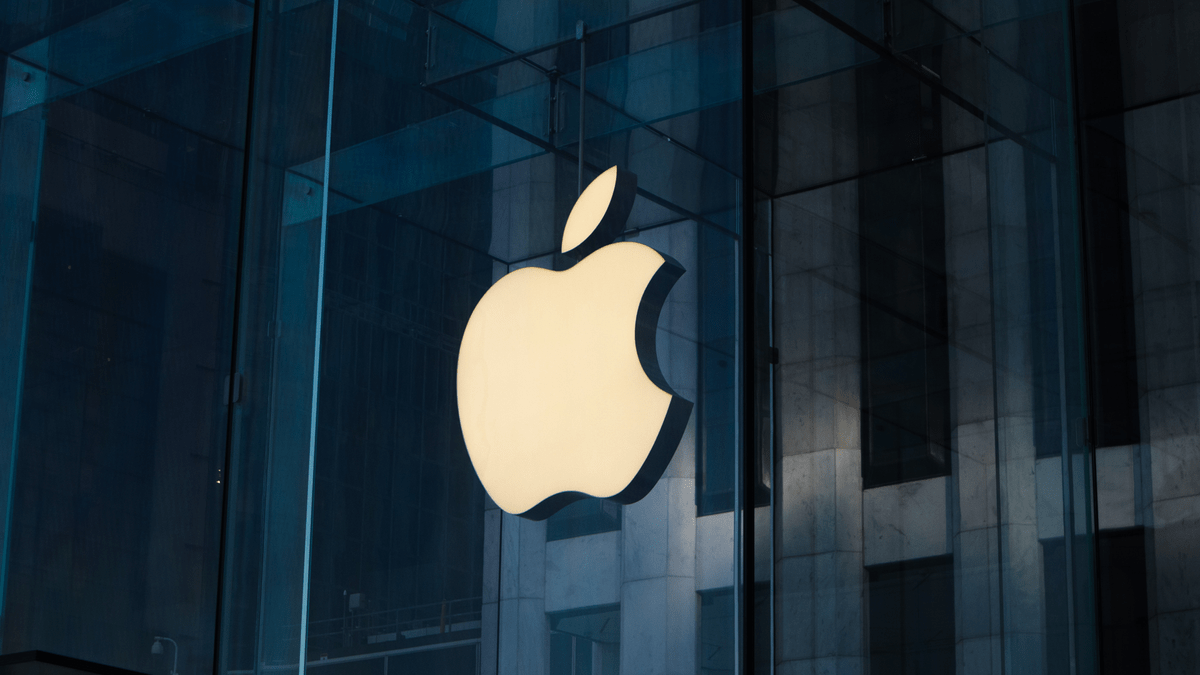- Apple was affected with a fine of more than 150 million euros in France on Monday March 31, 2025
- The France’s antitrust guard dog found the framework of transparency transparency (ATT) Apple’s application “neither necessary nor proportionate”
- Apple launched ATT in April 2021 to help users manage data monitoring authorizations
Apple was sentenced to a fine in France on its confidentiality framework which helps users to stay at the top of online third -party follow -up.
The France’s antitrust guard dog issued a fine of more than 150 million euros on Monday, March 31, 2025, after finding the framework of transparency (ATT) of Apple “neither necessary nor proportionate”.
Apple launched ATT in April 2021 to allow users to more easily manage data monitoring authorizations. Despite a positive decision for people’s online confidentiality, France’s watchdog found that implementation could penalize small application publishers.
“An artificially complex frame”
The Competition Authority (France’s Competition Authority) has decided to issue the fine against Apple “for having abused its dominant position in the sector for the distribution of mobile applications on iOS and iPados aircraft between April 2021 and July 2023,” the regulator wrote in an official declaration.
From iOS 14.5, iPados 14.5 and TVOS 14.5, Apple’s ATT function requires all applications to obtain the explicit consent of users before collecting data and targeting it with personalized announcements.
Although the French watchdog does not find the framework for the problem in itself, it describes its implementation as neither necessary nor proportionate to the declared objective of Apple to protect personal data.
More specifically, regulators have found that such a pop-up system of consent leads to an “artificially complex frame” for users who penalize third-party application publishers when they operate in the iOS environment.
Indeed, the Pop-ups ATTC Consent, explains the group, are not valid under the French Data Protection Act. This means that third -party users will have to ask their users twice.
The authority has also criticized the rules for which users must refuse advertising monitoring only once, but they must always confirm their consent twice. According to the group, the de-Facto undermines the neutrality of the informed consent that the ATT is supposed to facilitate.
In addition, “while publishers had to obtain the double consent of users for monitoring on third -party sites and applications, Apple did not ask for the consent of users of its own applications (until the implementation of iOS 15)”, wrote the developers of authorities, highlighting the disproportionate treatment between Apple developers and third parties.
Commenting at the Associated Press, Apple said that the ATT gives users more confidentiality control “via a required, clear and easy to understand prompt: follow -up”, which is coherent for all developers, including Apple.
“We have received strong support for this functionality of consumers, privacy defenders and data protection authorities around the world,” Apple also told the Associated Press, adding that the French competition authority did not need specific modifications to ATT.
Not just France
Nor is it the first time that Apple’s ATT has attracted criticism in Europe.
In 2023, the Italian antitrust guard dog accused the American technology giant of having abused its domination of the market by applying more restrictive and disadvantageous data confidentiality policies to non -application applications.
Similar actions can continue in the European block, as the new rules of the law on digital markets should set up competition requirements for major technology suppliers.




